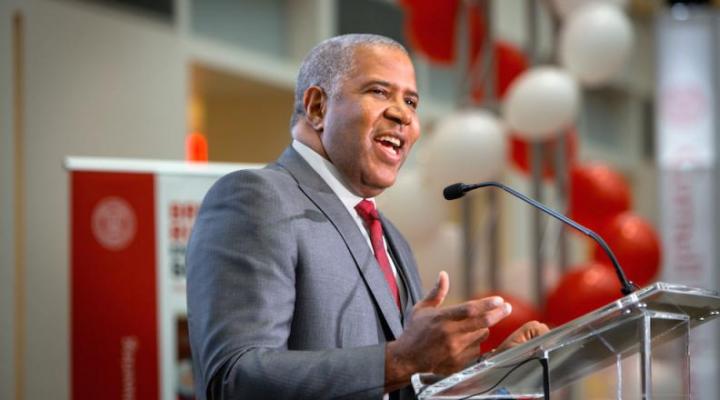As someone with many interests–in the classroom and the outside world–Benjamin Anapol took it upon himself to gain as many experiences as possible as an undergraduate. Passionate about travel and cross-cultural exchange, the study abroad experience was not something he was willing to miss out on. Despite the many hurdles it took to get a curriculum approved by the Chemical Engineering Department, Ben became one of the first chemical engineers to go abroad in over 10 years. He studied at Queen Mary, University of London, completing science electives in biology and physics, and taking liberal studies electives in architecture and environmental studies.
While abroad, Anapol was fortunate to travel in Europe and North Africa, including stops in Germany, Italy, Switzerland, Morocco, and France. His interest in food culture, and how it differs from country to country, grew throughout his travels. He says, “ I was so impressed by the European travel system; with 2 hours and $50 you could be in a totally different culture, while only traveling 100 miles across a border. The low-cost and flexibility of travel in Europe affords one the opportunity to broaden their social horizons and experience new cultures with ease.”
In addition to traveling abroad, Anapol was able to find the time to add a minor in Applied Economics and Management. He believes his education was enhanced by blending the technical aspects of an engineering degree with basic business skills from the business minor. “Although Chemical Engineering has many business skills embedded into the curriculum, I felt a general business background would be essential to my future success.”
Anapol was also an actively involved in many philanthropy events through his fraternity, Alpha Delta Phi.
After graduation in May 2012, Anapol began work in the Management Development Program at Brooks Instrument. For his first rotation, he is working as a failure analysis engineer. “I’m excited to be working in failure analysis, as it is the perfect field to continue sharpening the critical thinking skills that I developed as an undergraduate chemical engineer at Cornell.”
Anapol is a huge proponent of reducing the world’s carbon footprint and, as such, is a big supporter of nuclear energy, although he feels further research into nuclear waste processing is necessary. The other key to reducing our carbon output, he believes, is to increase efficiencies, especially in fuel cells and battery storage technology.






